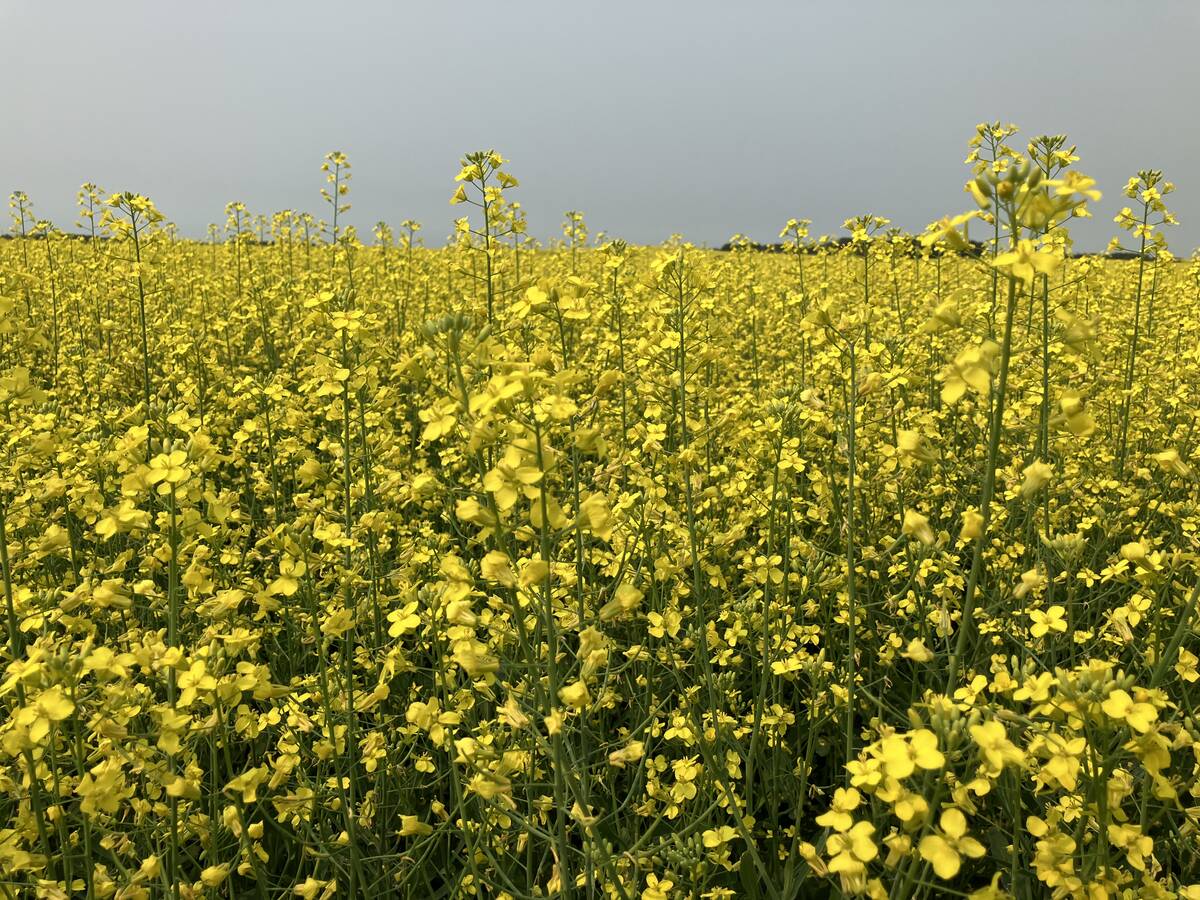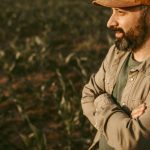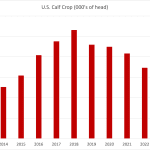The Dow BioProducts fibreboard plant has a problem that it’s happy with
– it can’t meet all the demand for its products.
That means that even though there’s a stockpile of baled wheat straw
lying in long rows outside the Elie, Man., plant, the company will buy
the same amount of straw from farmers this harvest as last fall.
“The last thing we want is to run out of straw,” said Brad Money,
president and general manager of Dow BioProducts.
Read Also

Canola used in only quarter of Canadian biofuel
Less than one-quarter of the biodiesel and renewable diesel used in Canada in 2024 was made from canola oil feedstock
Since last fall the Elie plant has used about half of the 190,000 bales
of wheat straw it bought at harvest.
Money said production has been lower than expected, but it will soon
rise because the company has been tweaking the plant, trying to make it
run more efficiently.
The straw-based fibreboard competes with building products such as
particleboard, medium density fibreboard and plywood.
Ever since the plant was built in 1998, engineering problems have
hobbled production. Those problems are slowly being solved, said Wayne
Karolat, vice-president of manufacturing.
Until now, it has been running 24 hours a day with three shifts, but
taking entire weeks off so engineering problems can be sorted out.
Soon, a fourth shift will be added and it will continuously run 24
hours per day.
But the plant is still not running at full capacity, Karolat said. That
will demand more work.
“We still haven’t found what the maximum production will be,” said
Karolat.
Bill Ridgeway, president of the Straw Producers Co-operative of
Manitoba, said farmers in the area are glad to have found a reliable
partner in Dow.
“It’s a relief after the first organization,” said Ridgeway.
“I believe we’ll be able to have a long-term relationship with them.”
In 2000, the original owner, Isobord, was offering to buy straw at
$8.30 a tonne. Ridgeway said his co-op is finalizing a new agreement
with Dow and cannot say what this year’s price will be. Until now the
co-op has had an exclusive right to supply the straw, Ridgeway said.
The Elie plant has had a tortured history.
It began life in 1998 as an Isobord Enterprises Inc. project financed
by venture capitalists, the Manitoba government, Farm Credit Canada and
commercial banks.
Though the company spoke optimistically of building other plants, it
quickly ran into production problems, which it blamed for not allowing
it to take advantage of a good market. The plant was running at only 65
percent capacity. Isobord sued the engineers who designed the plant.
Isobord was placed into bankruptcy protection in late 2000 and went
into receivership soon after. Farmers who were owed about $1 million
for straw they had sold to Isobord had little prospect of getting any
money. They also worried about losing a good market for a waste product
many used to burn.
The operation was saved when Dow announced it was buying the plant in
May 2001.
Money said many producers may be skeptical about the worthiness of the
Elie enterprise after all its problems, but the idea behind wheat straw
fibreboard is sound and the product is proving to be a good seller.
Customers like the product, which is marketed under the Woodstalk
brand, Money said. In some cases it can also be used in place of
oriented strandboard and plywood.
The plant can’t produce enough fibreboard now to meet the demand from
its distributors, which include Home Depot in Canada and the United
States and McDiarmid Lumber in Canada.
“We’re in a little bit of an oversold position,” said Money. “We’re
trying to catch up with our order book.”
Dow hasn’t tried to force extra production, though.
“We wanted to make sure we were getting quality and consistency,” said
Money.
The plant’s fibreboard had “reputation issues” when it was produced by
Isobord that had to be eliminated before the company could focus on
volume, Money said.
“We spent the last year getting our house in order,” he said.
The company is sponsoring the Winnipeg-based home improvement
television program The Router Workshop for its next season on the
American PBS network. In exchange, the father and son team Bob and Rick
Rosendahl, who appear in the show, will use Elie fibreboard in some
episodes.
The company has also tried to build good relationships with the farmers
who sell straw to the plant. Karolat said many farmers were unsettled
by the Isobord bankruptcy, but feel more confidant now that a big
company like Dow is running the plant.
“A guy drove up this morning asking if we’d be buying straw this
harvest,” said Karolat.
Some of the rows of straw bales in front of the plant, right beside the
Trans-Canada Highway, are a mess. The aging straw has turned brown and
some rows are collapsing into confused piles. Local residents have
complained that the straw has created the world’s best rat habitat.
Money said the old and rotting straw was left by the Isobord
bankruptcy. Some is still part of the assets of the bankrupt company.
The rest is on Dow land.
Money said his company plans to get rid of it, but has to do it
carefully because of the amount.
The company is working with the Manitoba environment department to find
a safe way to dispose of it. Money said his company has hired a number
of exterminators to control the rats.

















